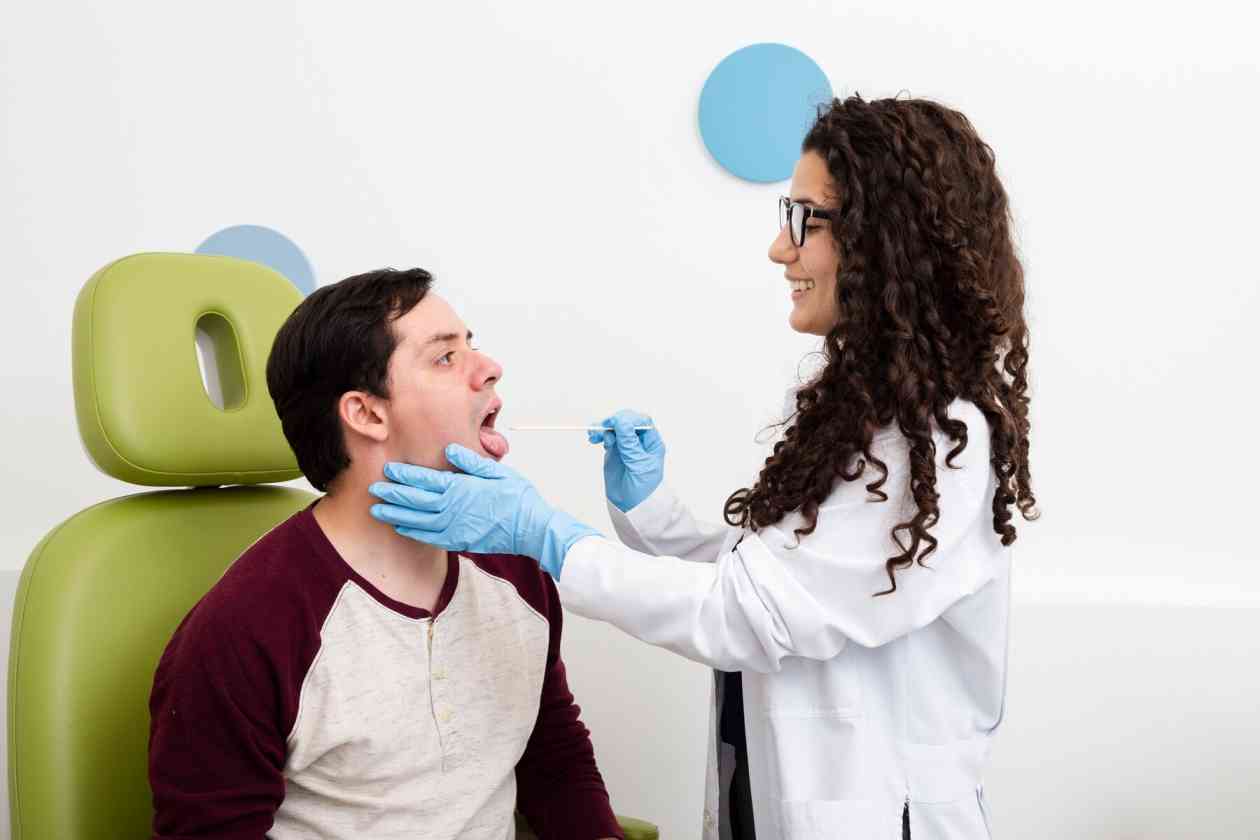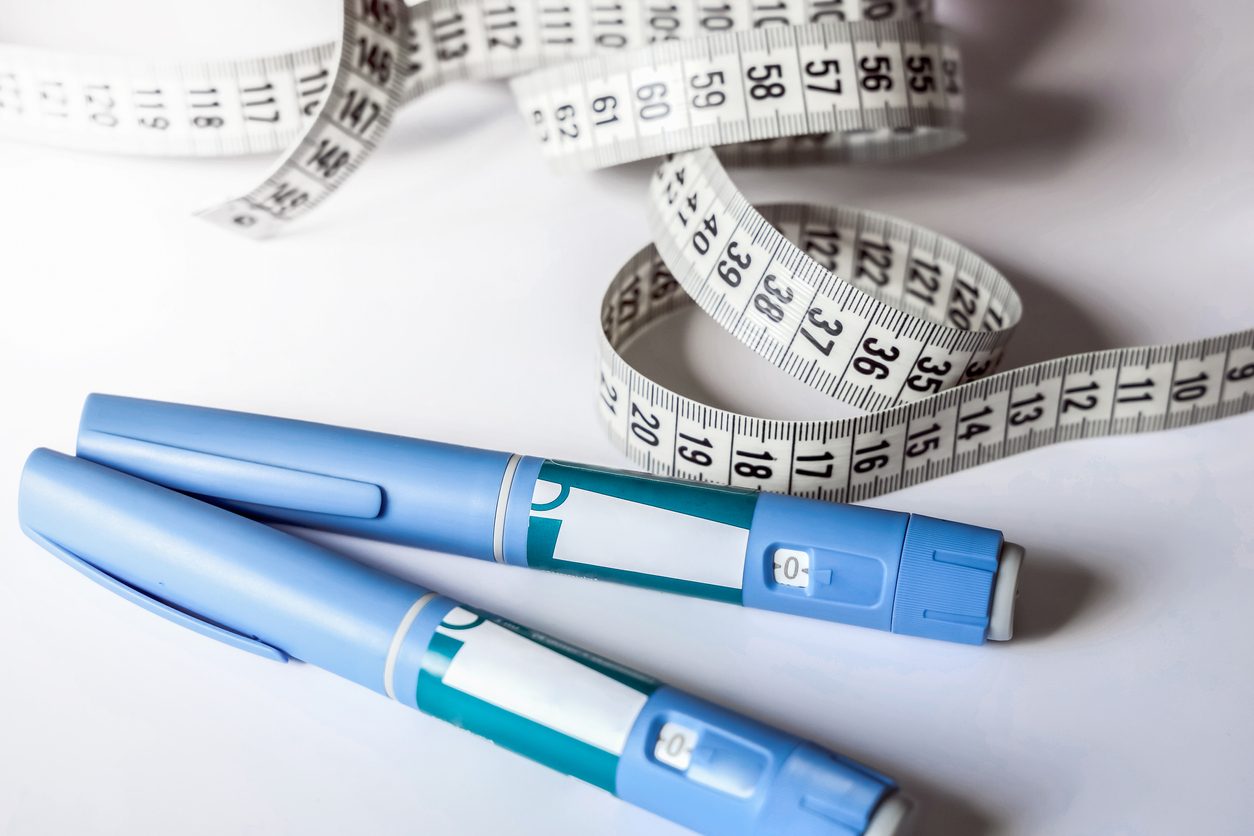Food allergies can significantly impact a person’s quality of life, making it essential to obtain an accurate diagnosis. The oral challenge test is considered the gold standard for diagnosing food allergies, providing precise results that help individuals determine which foods to avoid. This test is conducted under medical supervision to ensure safety and reliability.
If you suspect a food allergy, undergoing an oral challenge test can help confirm or rule out allergic reactions, enabling better dietary and lifestyle choices. In this comprehensive guide, we’ll explore the accuracy, safety, and procedure of this test, helping you understand what to expect.
What Is an Oral Challenge Test?
An oral challenge test is a controlled, supervised method used to diagnose food allergies. During the test, the patient consumes small, gradually increasing amounts of the suspected allergen while being monitored by healthcare professionals. If no allergic reaction occurs, the food is deemed safe for consumption.
This test is particularly useful in cases where previous allergy tests, such as skin prick tests or blood tests, have produced inconclusive or false-positive results. It helps determine whether a person has outgrown an allergy or if they can safely consume a specific food.
Why Is an Oral Challenge Test Important?
1. Provides Accurate Diagnosis
Unlike blood or skin tests, which may indicate sensitization rather than an actual allergy, an oral challenge test confirms whether consuming a food triggers an allergic reaction. This reduces unnecessary food restrictions and improves dietary choices.
2. Determines Allergy Severity
The test helps assess how much of the allergen a person can tolerate before experiencing symptoms, aiding in better management of food allergies.
3. Prevents Unnecessary Avoidance
Many individuals unnecessarily eliminate foods from their diets due to false-positive results from other allergy tests. An oral challenge test can clarify whether a specific food is truly harmful.
4. Helps Identify Allergy Resolution
Food allergies can sometimes be outgrown, especially in children. This test helps confirm whether a previously diagnosed allergy still exists.
How Safe Is an Oral Challenge Test?
The oral challenge test is conducted in a medical setting under close supervision. Healthcare professionals are equipped to handle any allergic reactions that may occur during the test. Patients are carefully monitored for symptoms such as:
- Mild reactions: Itching, redness, mild swelling
- Moderate reactions: Hives, abdominal pain, nausea
- Severe reactions (anaphylaxis): Difficulty breathing, throat swelling, low blood pressure
To ensure maximum safety, medical professionals have emergency treatments like antihistamines and epinephrine (EpiPen) readily available. Patients are also observed for a set period after the test to monitor any delayed reactions.
Who Should Take an Oral Challenge Test?
An oral challenge test is recommended for:
✅ Individuals with suspected food allergies
✅ People with inconclusive blood or skin test results
✅ Children and adults who may have outgrown an allergy
✅ Those who want to confirm a previous allergy diagnosis
However, this test may not be suitable for individuals with a history of severe anaphylactic reactions, as the risk may outweigh the benefits. A doctor will assess each patient’s medical history before recommending the test.
How Is the Oral Challenge Test Conducted?
Step 1: Pre-Test Consultation
Before the test, the doctor will:
- Review your medical history
- Discuss symptoms and previous allergy test results
- Provide instructions on what to avoid before the test (e.g., stopping antihistamines)
Step 2: Administering the Food Allergen
- The patient consumes a tiny amount of the suspected allergen.
- The amount is gradually increased in small doses over a few hours.
- Healthcare providers closely monitor for any allergic reactions.
Step 3: Observation Period
- After reaching the final dose, the patient remains under observation for at least one to two hours to check for delayed reactions.
- If no reaction occurs, the food is considered safe for consumption.
Step 4: Post-Test Guidance
- The doctor will provide dietary recommendations based on the results.
- If the patient tolerates the food, they may reintroduce it into their diet.
- If an allergic reaction occurs, the food will remain off-limits, and an allergy management plan will be provided.
How Accurate Is the Oral Challenge Test?
The oral challenge test is highly accurate, as it directly determines whether the body reacts to a specific food. Unlike blood and skin tests that may produce false positives, this method provides definitive confirmation of an allergy.
However, for the most precise results, patients must follow all pre-test instructions, including avoiding medications or foods that could interfere with the test.
Preparing for an Oral Challenge Test
To ensure accurate results, patients should follow these guidelines:
🔹 Avoid antihistamines for at least 5-7 days before the test.
🔹 Do not eat or drink certain foods that may interfere with results.
🔹 Bring any necessary medications, such as an EpiPen, if previously prescribed.
🔹 Stay calm and relaxed—stress can sometimes mimic allergy symptoms.
Following these steps will ensure the best possible outcome for your test.
What Happens If You Have an Allergic Reaction During the Test?
If a reaction occurs, medical professionals will immediately intervene with:
✔ Antihistamines for mild symptoms
✔ Epinephrine injection for severe reactions
✔ Oxygen support if needed
After a reaction, the test is stopped, and the allergen is confirmed as a trigger. The doctor will provide detailed management advice and an emergency action plan if necessary.
Conclusion
The oral challenge test is the most reliable method for diagnosing food allergies. It provides accurate results, helping individuals make informed dietary choices while avoiding unnecessary restrictions. Conducted in a controlled medical environment, this test ensures safety and precision in allergy diagnosis.
If you or a loved one suspect a food allergy, consult an allergy specialist to see if an oral challenge test is the right step toward gaining clarity and improving quality of life.








